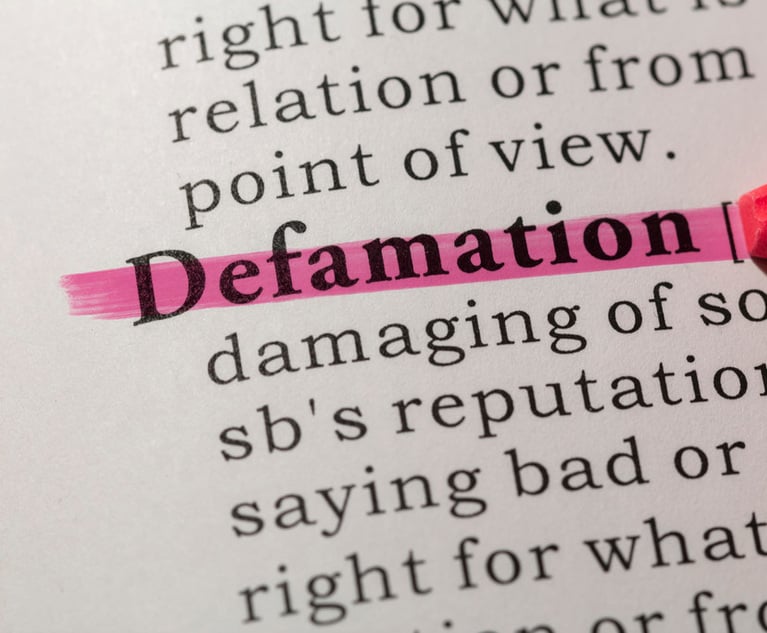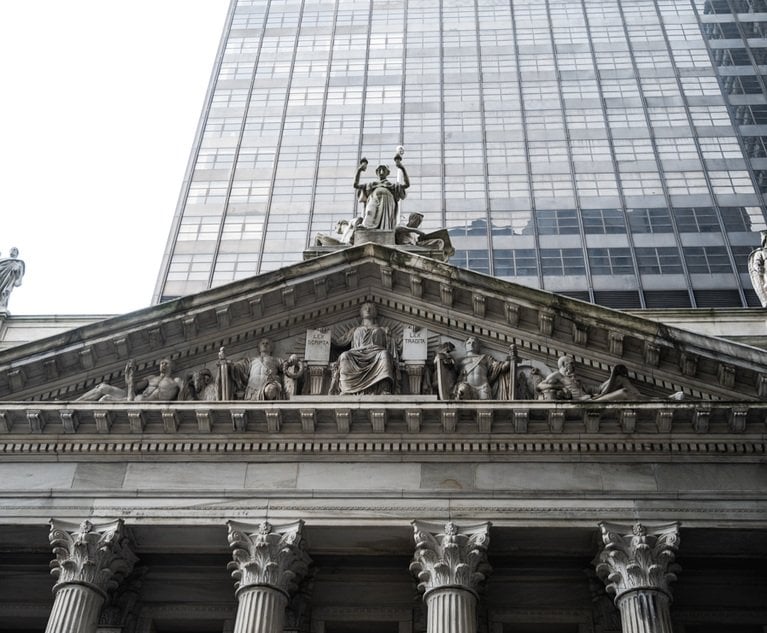It is often said that truth is an absolute defense to liability in a defamation case. A well-known variant of this is when the speaker believes in good faith that the statement is true even if it later turns out to be false. As the Supreme Court famously held in New York Times Co. v. Sullivan, 376 U.S. 254, 280 (1964), when the plaintiff is a public figure and the speaker made the false statement without “malice”—i.e., without knowledge of its falsity—there can be no liability.
Against this backdrop, it may come as a surprise to some that in certain instances, even when the speaker knows for certain that the defamatory statement is false, the speaker still cannot be held liable for defamation. In other words, no matter what the speaker says about the plaintiff—regardless of how horrible or vicious the false allegations are—there is nothing the plaintiff can do. The plaintiff is defamation-proof.
This content has been archived. It is available through our partners, LexisNexis® and Bloomberg Law.
To view this content, please continue to their sites.
Not a Lexis Subscriber?
Subscribe Now
Not a Bloomberg Law Subscriber?
Subscribe Now
LexisNexis® and Bloomberg Law are third party online distributors of the broad collection of current and archived versions of ALM's legal news publications. LexisNexis® and Bloomberg Law customers are able to access and use ALM's content, including content from the National Law Journal, The American Lawyer, Legaltech News, The New York Law Journal, and Corporate Counsel, as well as other sources of legal information.
For questions call 1-877-256-2472 or contact us at [email protected]


 Credit: Devon Yu/Adobe Stock
Credit: Devon Yu/Adobe Stock




